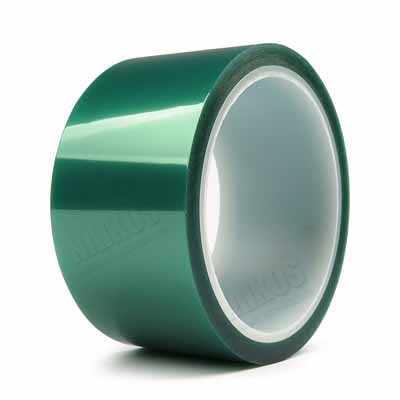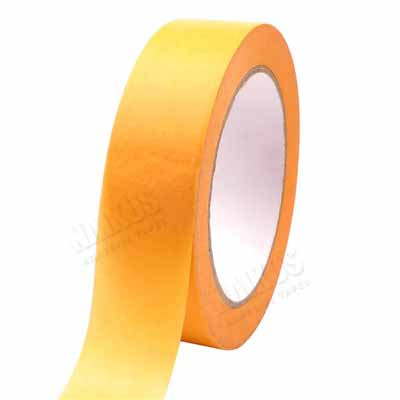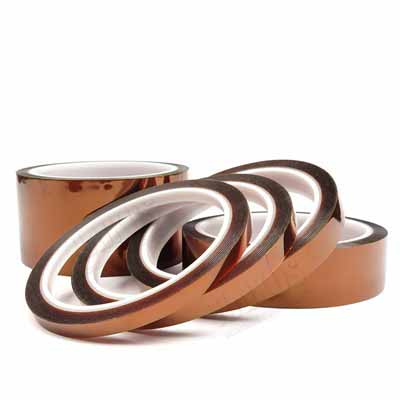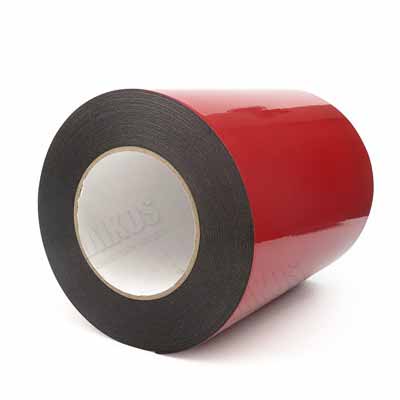Thread seal tape is a flexible polyethylene tape widely used in the plumbing industry for sealing pipe thread openings. The tape is typically sold pre-cut to certain widths and then wound onto a spool, which makes it simple to wind the tape around pipe threads without any difficulty. Thread seal tape comes in various types and qualities depending upon the application and pipe being sealed. These tapes are particularly popular with drain and sewer line manufacturers as they can be applied at pipe joints to prevent leakage.
As discussed, the thread seal tape comes in various forms and thicknesses dependent upon the application and pipe size. Common threads in the industry include Nylon (outer ring), Tygon, and Stainless Steel (threads inside the tape). Depending upon the type of application and pipe size, there are other options available such as shrinkable Nylon Threads or Stainless Steel Threads. The availability of different thread seal tapes also depends upon the manufacturing process used by the manufacturer.
A common form of thread seal tape used by plumbers is standard Nylon Threaded Flap. High-Density Polyethylene (HDPE) is a material commonly used for this purpose as it is flexible, durable, and has excellent thermal performance. When considering the use of polyethylene, it is important to know that this type of tape does not offer the same degree of insulation as other forms of Teflon-based materials such as Silverstein, which is what most people think of when they hear of PTFE tapes. High-Density Polyethylene is slightly more expensive than other forms of Teflon-based tape due to its higher heat resistance. This means that PTFE tape can be used as insulation for high-capacity plumbing systems, but it should be used with caution because the thermal conductivity is considerably less than that of pure Silicone, which can be used as a thermal insulator. It is therefore important to know exactly what you are looking for in PTFE tapes and the different applications of the material.
There are two different types of PTFE tapes that have been designed to resist the chemical reaction between the materials that they are manufactured with and certain metals that can react with them. The first type of PTFE tape is commonly referred to as standard PP and is made from materials such as PVCu, which are thermoplastic rubber compounds, and are resistant to the chemical reaction between them, and various metals such as those that are known to react with electrical insulator materials. Standard PP is composed of one or more layers of thermoplastic rubber compounds, which are then combined into a homogenous compound with a thickness of one micrometer. Standard PP is an extremely effective electrical insulator and does not degrade even over long periods of time. However, in spite of its effectiveness, this particular type of PTFE tape has only been in use for about fifteen years or so and is still relatively new to the market.
The second type of PTFE tape that is available to consumers is the thermoplastic polyethylene (PTFE) tape. Thermoplastic polyethylene is made up of two different thermoplastics - dipoles and polymers. One of the most important properties of thermoplastic polyethylene (PTFE) is that it is a physically inert electrical insulator that has both electrical and thermal insulation properties. This means that when PTFE tape is applied to a surface, it will create a physical barrier around the surface that effectively locks in or prevents conductivity between the two substances without any effort on the part of the user. Standard PP is composed of one or more layers of thermoplastic polymer compounds that are combined together in a homogenous product and are resistant to the chemical reaction that occurs when metal and thermoplastic mix.
The electrical and thermal insulation properties of PTFE tape have made it very useful in many applications. In residential applications, PTFE tape can be used to protect hot water heaters from corrosion and can be wrapped around pipe threads to prevent them from corroding. It can also be used to protect electrical fittings from extreme temperature fluctuations and has been successfully applied to high-performance pieces of equipment such as valves, isolation relays, and bus ducts. Many industrial and commercial applications of PTFE tape are beginning to appear in consumer products as well, including PTFE tape in electrical wiring, and PTFE tape used to provide waterproof protection for pipes, tanks, and other containers. While the vast majority of the PTFE tape products currently on the market come in standard and custom packaging, there are numerous manufacturers offering tape in various thicknesses and custom packaging options, which can often be customized to match any specific product.




